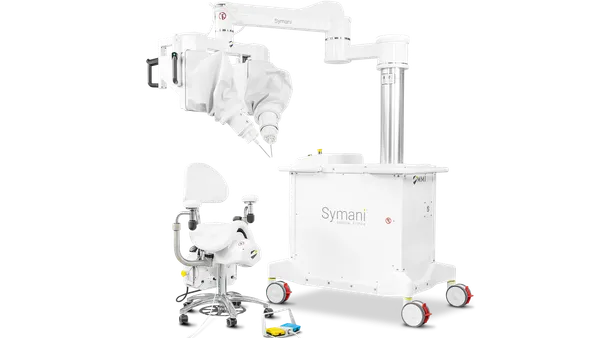Dive Brief:
- Medical device manufacturers are dropping products from their European portfolios because of the cost of complying with new regulations, according to a report by Reuters.
- The news service spoke to eight companies, including Swedish medical equipment maker Getinge, that are withdrawing products from the European Union rather than paying the costs of compliance with the Medical Devices Regulation (MDR).
- Reuters’ report adds to evidence from other sources that manufacturers are already rethinking their portfolios in response to MDR and that makers of products used in pediatric patients and rare diseases have been particularly hard hit.
Dive Insight:
The EU has now twice moved to delay implementation of the MDR to give manufacturers more time to get their devices certified under the new rules. However, the implementation raises a more fundamental question: Can companies afford to comply at all? There is now a body of evidence showing the answer for some companies and devices is no.
Osypka AG is one of the companies that cannot make the finances work under MDR for products such as a catheter used in newborns with non-functioning heart valves, leading it to withdraw five lines of devices.
“These types of products are totally beneficial for these patients, but we cannot afford the half a million euros it takes to conduct a clinical study, even though these products have been on the market for 30 or 40 years,” CEO Nicola Osypka told Reuters. Even after clinical trials, Osypka would need an estimated €1 million ($1.1 million) to prepare the application for an innovative product.
As Osypka’s situation suggests, products used in rare and pediatric conditions, where sales can be too small to generate a return on MDR costs, are among the most affected devices. Marc Gewillig, director of pediatric cardiology at the University Hospital Leuven, told Reuters he has lost access to around 10 devices and has already been forced to improvise on three babies.
The European Commission noted the need to develop “solutions on orphan devices, to ensure patients with rare diseases continue to have access to those devices” when it proposed the latest MDR delay. The proposal followed the Biomedical Alliance in Europe’s call for a special framework for orphan medical devices, and the French regulator’s decision to allow a pediatric device to stay on the market under the old directive to avoid a shortage.











